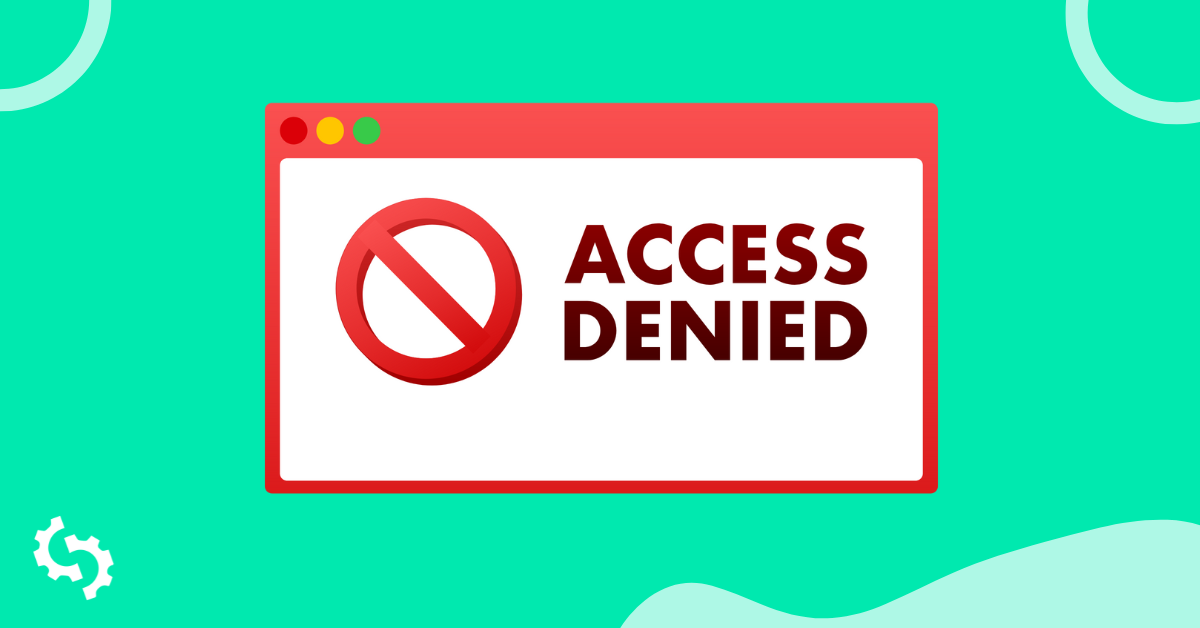
Should you build an in-house SEO team or outsource SEO to a digital marketing agency?
Which is better between in-house vs outsourced SEO?
Well, there is no straightforward answer and it depends on your company goals and budget. However, this really is a decision that can significantly impact your business's online presence.
In this article, I will weigh the pros and cons of each to help you decide between in-house vs outsourced SEO.
What is In-House SEO?
In-house SEO involves recruiting, training, and retaining a team specializing in search engine optimization. This includes link builders, content marketers, technical on-page experts, and project managers.
In this model, the company recruits or assigns staff members to enhance the visibility and ranking of its website in organic search engine results pages.
Depending on the number of websites you need to manage, you can choose to hire a singal SEO expert or an entire team of marketers.
What are the Key Differences Between In-House SEO and Outsourced?
Here are the primary differences in-house SEO and SEO outsourcing:
| In-House SEO | Outsourced SEO |
|---|---|
| Internally managed and the person knows the ins and outs of your business. | Managed externally but they need more details about your company. |
| Knows your audience better with full access to your data and analytics. | Brings in a fresh approach that you wouldn’t have thought of. |
| Communication is easier and more immediate since the team is within the organization. | Communication relies on remote channels, which may lead to delays or misunderstandings. However, having clear communication channels can mitigate these challenges, and outsourced SEO services provide regular reports and updates on progress. |
| Cultivates an internal culture of innovation and collaboration, driving continuous improvement. | Might not fully integrate with company culture, potentially hindering seamless collaboration. |
| Hiring and maintaining an in-house team can be more expensive in the short run due to salaries, benefits, training, and overhead costs. | Outsourcing can be cost-effective, especially for small to medium-sized businesses, as you pay for services rendered without the long-term commitment of salaries and benefits. |
Advantages of In-House SEO
Here are the most significant benefits of hiring full-time SEO professionals:
1. They Become Part of Your Organisation
When you hire an in-house SEO, they become part of your company. Unlike with hiring an SEO agency, an in-house SEO team will solely focus on your business and its web presence.
As a result, connections are formed and business relationships are built. This will always be a limitation in an outsourced SEO company.
2. Fluent in Your Company's Language
In-house SEOs are bilingual. They speak both tech and your unique business lingo fluently. They can not only help your website do better on search engines but also help your company succeed by making sure everyone is on the same page.
3. They Focus on Creating Long-Term Results
In-house SEOs invest their time in your company's long-term vision and growth.
While outside agencies might prioritize short-term wins to keep you as a client, your internal team is focused on crafting sustainable SEO plans to achieve your biggest goals.
4. Agile and Flexible
Do you need to change your SEO strategy immediately?
When big changes occur within the company, the in-house SEO team can make major pivots and seamlessly incorporate the new intel into proactive SEO strategies.
Thus, you do not have to make a ton of phone calls to the outsourced agency.
5. Reduce Expenses in the Long Run
The overall expenses in the future will usually be much cheaper than those of SEO outsourcing. By avoiding continuous agency fees, in-house SEO can result in long-term financial savings, making it a cost-efficient option for ongoing optimization efforts.
Drawbacks to In-House SEO
Although in-house SEO professionals are great to hire, they come with several limitations:
1. Struggle for New Talent
Hiring an in-house SEO expert is no easy feat.
You are searching for someone who blends technical SEO with your industry's jargon and best practices. Not only that, you have to recruit and train multiple candidates to build a team.
2. Keeping Up with the Trends
The SEO game always evolves because of Google's constantly shifting algorithm updates.
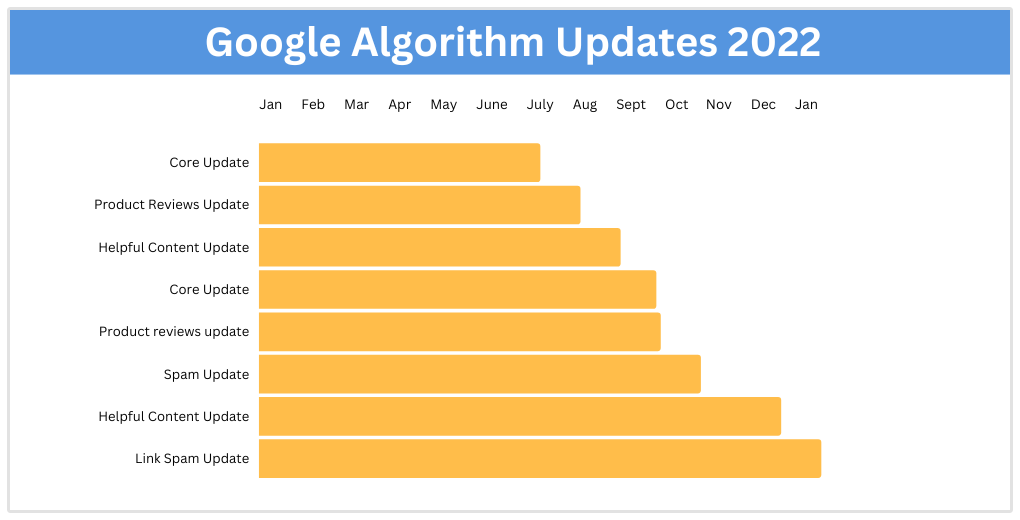
Your in-house SEO team might stagnate, but they must continually level their skills and knowledge.
Allocating time and budget for consistent training is crucial so there are no missed opportunities for development and creativity.
3. More and More Tools
To produce optimal SEO results, your in-house team needs a full stack of tools and software, from rank trackers to site auditors and everything in between.
Those premium subscriptions add up faster than you think, and it's a hefty investment to properly provide them with all the tools an in-house SEO team needs.
4. Single Binocular Vision
With an in-house team, they risk being too entrenched in your own company's viewpoint to see the bigger, unbiased picture.
This could lead to a limited view of optimization tactics and potentially miss out on new methods to help the company.
Fresh external perspectives are invaluable, so occasionally invite some out-of-the-box thinkers to give your team some new ideas.
5. Restricted Ability to Increase in Size or Scale
During periods of quick expansion or changes in workload, internal SEO teams might encounter difficulties with scalability.
Expanding internal resources to keep up with higher demand can take a lot of time and money, which could result in inefficiencies or missed opportunities.
What Should You Look for when Hiring an In-House SEO?
Here are the key considerations when hiring an in-house SEO:
1. Critical Thinking Abilities
Hiring an in-house SEO isn't just about finding someone who can recite SEO textbooks. The ideal candidate should possess critical thinking skills to propose SEO solutions effectively.
They should be able to analyze SEO metrics and dashboards with full technical proficiency to forecast future SEO growth goals.
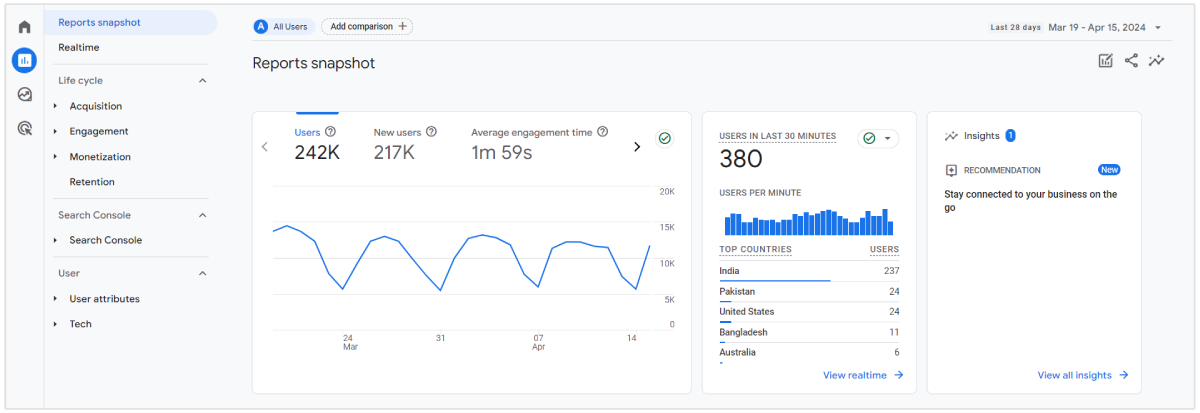
2. Technical SEO Expertise
Optimizing website architectures, reducing 404 links, and minimizing duplicate content are important factors for ensuring a technically optimized site.
Your chosen SEO should have experience in identifying and fixing technical SEO errors, including UX issues and page speed bottlenecks for enterprise-level websites.
3. Proficiency in Using Modern SEO Tools
There are several must-have tools for SEO specialists which your ideal candidate should know how to use.
Modern SEO software can help to complete technical site audits faster and they also assist in link building outreach.
Having proficiency in a stack of SEO tools for keyword research, on-page auditing, link building, data analysis, and SEO reporting is absolutely necessary for your new hire.
4. Link Building Skills
High-authority and natural backlinks are important to boost the trust of your domain and to improve your backlink profile.
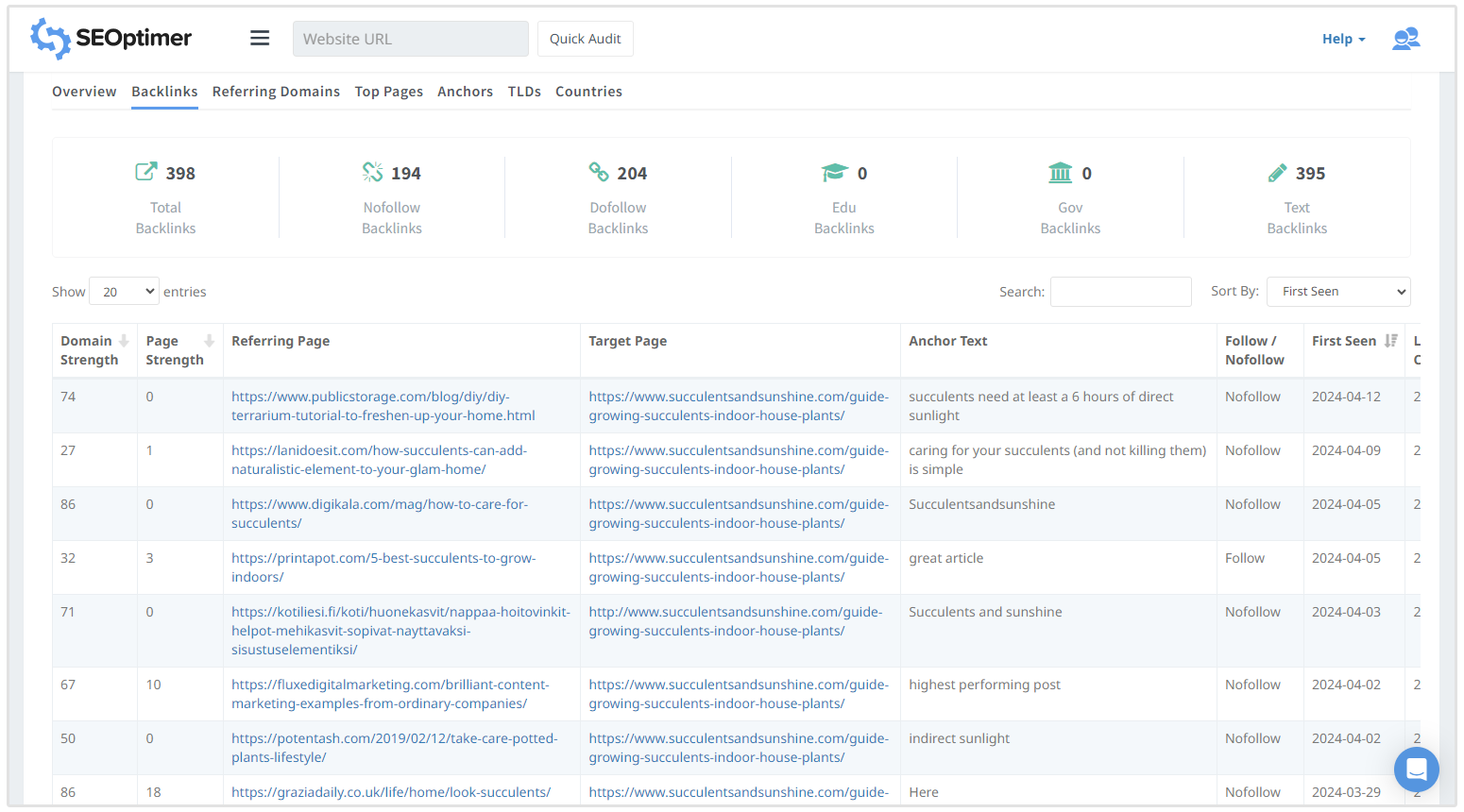
The ideal candidate must know the latest link acquisition techniques like guest blogging, broken link building, testimonial link acquisition, and other popular methods.
Also, they should have good knowledge on different link building concepts like nofollow, dofollow links, unnatural links, and editorial links to keep your site safe from unnatural link penalties.
5. Content Optimization Knowledge
Your new in-house SEO should understand the fundamentals of search engine algorithms.
They should stay updated with the latest Google Core updates, like the Google Helpful Content update to keep your website safe from any unexpected ranking drops.
In addition to that, they should know the principles of Google EEAT and should be able to increase the page relevance score by adding primary keyword phrases and semantically relevant terms naturally in the content to bring in more organic traffic.
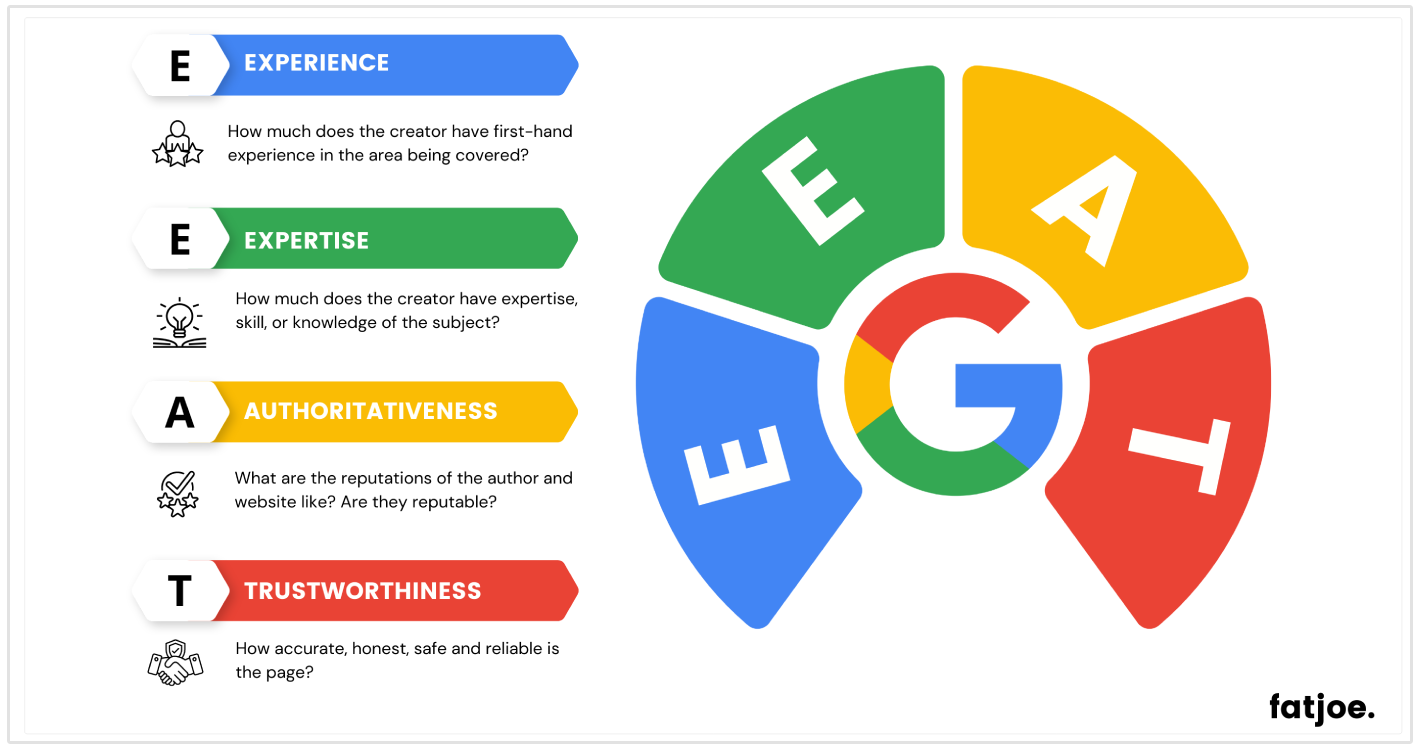
Can I do SEO Myself?
Yes, you can do SEO yourself. It is a useful skill that can significantly enhance your website's visibility and traffic.
All you need is a collection of free tools and some great learning resources to improve your organic marketing knowledge.
Free SEO Tools
For automating SEO tasks, these tools are a great starter:
- The SEOptimer Free SEO Audit Tool: The software offers an in-depth examination of your website's SEO. It provides a comprehensive report that identifies problems and suggests practical solutions.
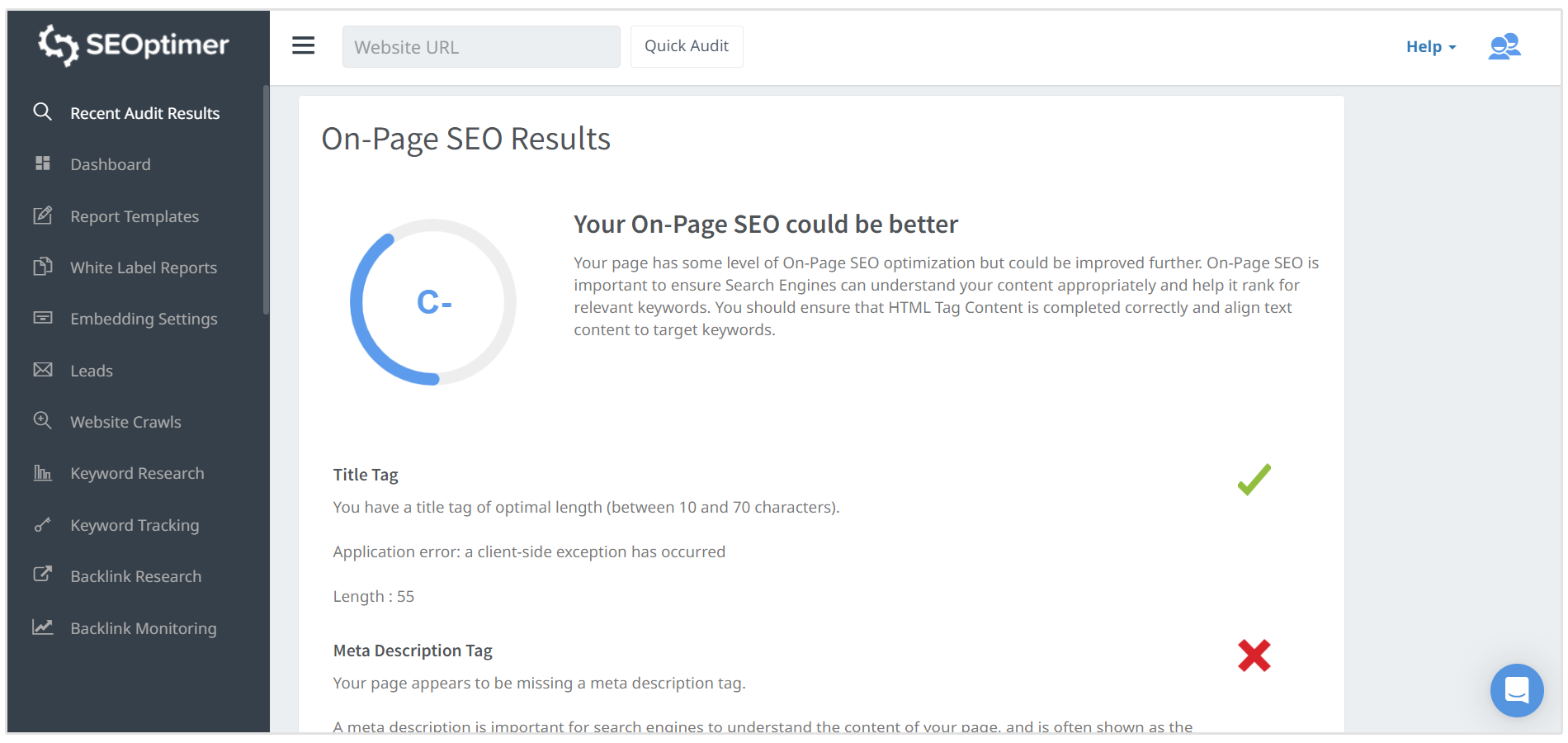
- Keyword Research Tool: The tool offers insightful metrics such as monthly search volume, competition, and estimated traffic volume. With functionalities like gauging keyword difficulty, predicting traffic volume and CPC, and instant SERP loading, you can optimize their SEO strategies effectively. Additionally, the tool supports over 90 countries, providing international ranking insights and aiding users in crafting multilingual content to dominate their niche.
- Backlink Checker Tool: The software allows users to analyze backlinks, offering detailed domain metrics and facilitating backlink research. It also includes monitoring features to track changes over time, aiding in maintaining a healthy link profile.
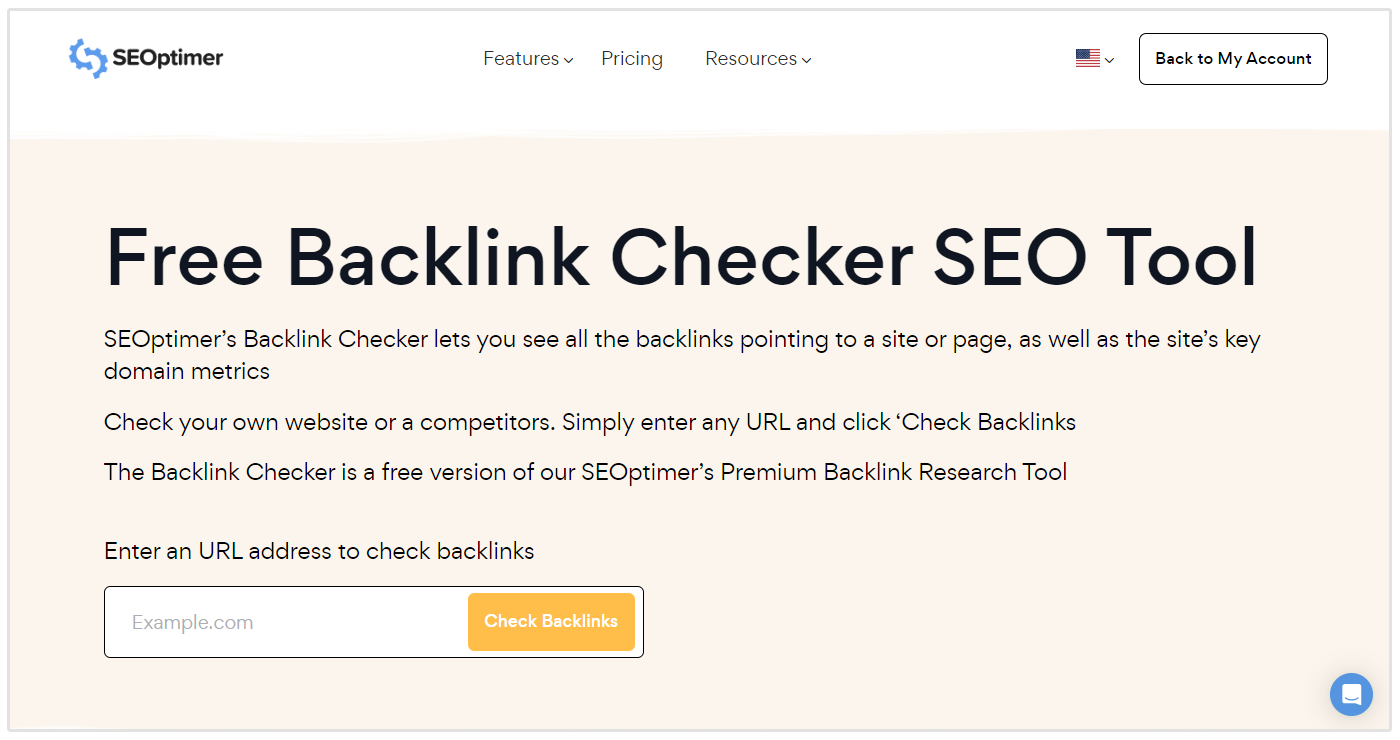
SEO Learning Resources
- SEO Tips: Read this collection of search engine optimization tips to grow your brand. With practical tips, real-world examples, and clear explanations, you get the knowledge needed to improve your website's visibility and rankings effectively.
- SEO For Dummies: This article breaks down essential SEO concepts into 13 easy-to-understand lessons suitable for beginners. The guide provides practical insights and actionable tips, from defining SEO and its importance to discussing backlinks, user experience, and measurement metrics.
- SEO Forecasting Guide: The guide provides practical techniques for forecasting SEO growth, including using historical data, keywords, and Total Addressable Market (TAM) analysis. It offers step-by-step instructions and free templates for conducting forecasts, making it a valuable resource for marketers aiming to optimize their SEO strategies.
- Programmatic SEO Guide: The guide covers creating templates, keyword research, understanding search intent, database management, and syncing data with the website. By mastering these techniques, you can leverage programmatic SEO to drive significant traffic and achieve online success.
Conclusion
Ultimately, there is no universal solution for determining whether in-house or outsourced SEO is superior.
Deciding that depends on a thorough assessment of your company's individual requirements, assets, and future objectives.
Numerous businesses implement a hybrid approach, a combination of an internal team and an external agency's specialized knowledge, as it's the most efficient. This enables them to utilize resources while incorporating external perspectives and capabilities when necessary.
If you plan on hiring an SEO agency, feel free to check our blog post on the 10 most important questions you should ask an agency before hiring them.



